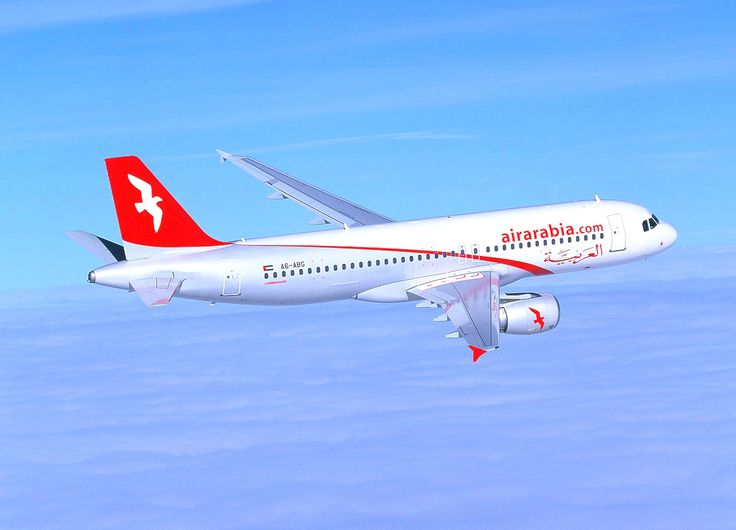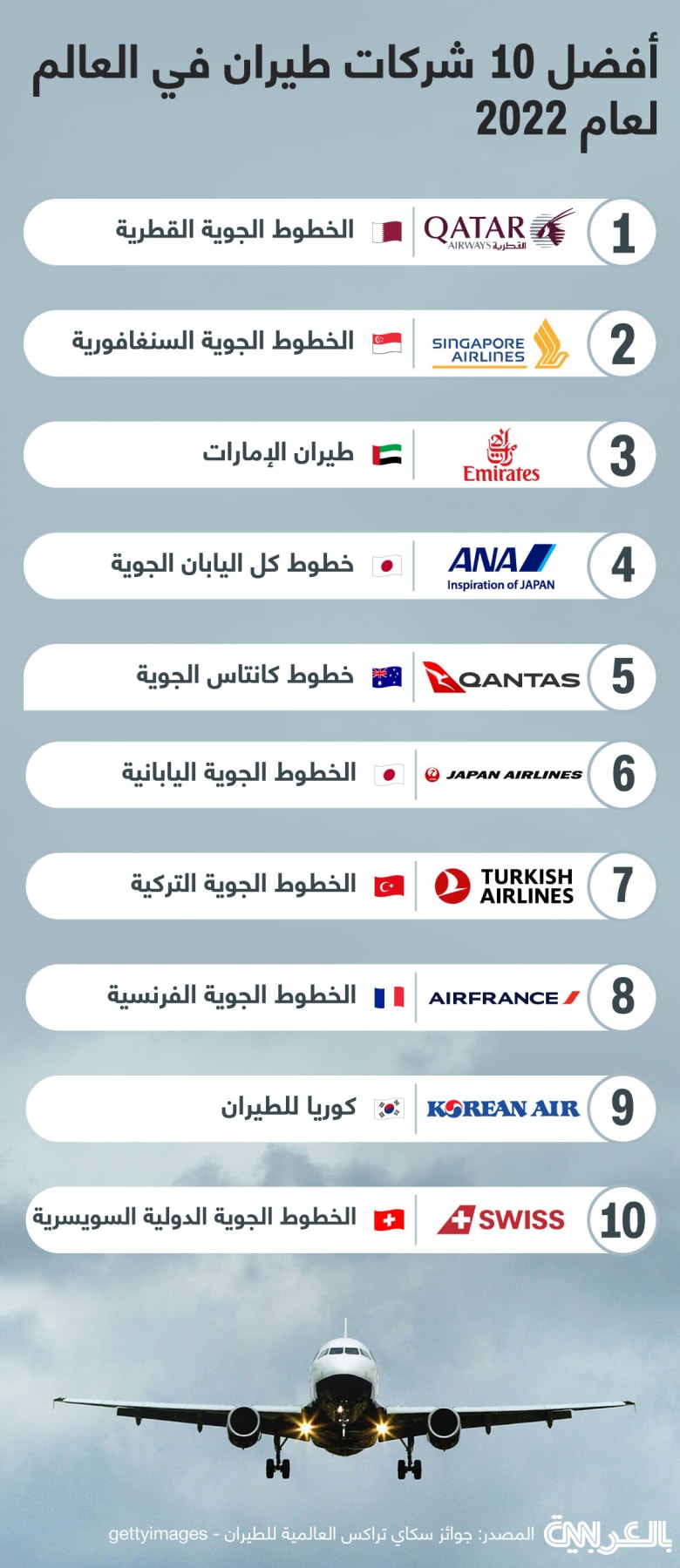Activision Blizzard Acquisition: FTC's Appeal And Antitrust Concerns

Table of Contents
The FTC's Antitrust Lawsuit and its Claims
The FTC's initial lawsuit, filed in December 2022, aimed to block the Microsoft-Activision Blizzard acquisition, alleging that the merger would substantially lessen competition in the video game market. The core of the FTC's argument centers on Microsoft's potential to leverage its ownership of Activision Blizzard's vast portfolio of popular games to stifle competition.
-
Allegations of stifling competition in the gaming console market (Xbox, PlayStation): The FTC argued that Microsoft could leverage its ownership of Activision Blizzard titles, particularly Call of Duty, to gain an unfair advantage over its competitors, potentially driving up prices or reducing the quality of games available on competing platforms. This would constitute anti-competitive practices, harming consumers.
-
Concerns about Microsoft's control over key game franchises like Call of Duty: The FTC highlighted Call of Duty's immense popularity and market share, arguing that Microsoft could make the game exclusive to Xbox, thus harming PlayStation users and harming competition in the console market. This would give Microsoft significant monopoly power.
-
Arguments regarding the potential for higher prices and reduced innovation: The FTC argued that reduced competition post-merger could lead to higher prices for gamers and a decrease in innovation, as Microsoft wouldn't face the same pressure to compete on price and quality. The acquisition risks creating market dominance for Microsoft.
The FTC’s argument hinges on the notion that Microsoft, with control over Activision Blizzard's properties, could engage in anti-competitive practices, ultimately harming consumers through higher prices, reduced choice, and stifled innovation within the gaming market.
The Judge's Dismissal and the FTC's Appeal
A federal judge dismissed the FTC's lawsuit in July 2023, ruling that the commission failed to present sufficient evidence to support its claims of anti-competitive behavior. The judge's reasoning centered on the argument that the FTC hadn't adequately demonstrated that the acquisition would likely lead to a substantial lessening of competition.
-
Summary of the judge's key findings: The judge found that the FTC hadn't convincingly shown that Microsoft would make Call of Duty exclusive to Xbox, citing Microsoft's public commitments to maintain Call of Duty availability on PlayStation.
-
Analysis of the legal arguments presented by both sides: The judge carefully weighed the evidence and arguments presented by both the FTC and Microsoft, ultimately concluding that the FTC’s case lacked the necessary strength. The legal precedent cited in the judge's ruling heavily influenced the decision.
-
Mention the legal precedent cited in the judge's ruling: The judge’s decision referenced several previous antitrust cases, underscoring the high bar for proving anti-competitive behavior in mergers and acquisitions.
However, the FTC immediately appealed the dismissal, arguing that the judge misinterpreted crucial evidence and that the decision sets a dangerous precedent for future antitrust enforcement. The appeal process aims to overturn the dismissal and ultimately block or reshape the Activision Blizzard acquisition. This appeal highlights the complexities surrounding judicial review in antitrust cases.
The Impact on the Gaming Industry and Consumers
The Activision Blizzard acquisition, and the FTC's appeal, hold significant implications for both the gaming industry and consumers. The potential consequences are multifaceted and far-reaching.
-
Potential impact on game pricing and availability: If Microsoft gains control and leverages its market power, prices for Activision Blizzard games, especially popular titles like Call of Duty, could increase. Availability on competing platforms could also be affected.
-
Effects on cross-platform gaming and competition among consoles: The acquisition's success or failure will significantly influence the future of cross-platform gaming. Reduced competition could lead to less innovation and a less diverse gaming landscape.
-
The future of game development and distribution: The deal's outcome will set a precedent for future mergers and acquisitions in the gaming industry, influencing the pace of consolidation and the dynamics of game development and distribution.
The ultimate impact on the gaming industry will depend on the outcome of the FTC's appeal and the subsequent legal proceedings. Concerns around game industry consolidation and consumer protection are paramount. Regulatory oversight in this sector is likely to intensify following this case.
The Role of Call of Duty in the Debate
Call of Duty sits at the heart of the FTC's concerns. Its immense popularity and market share make it a critical factor in assessing the competitive impact of the Microsoft-Activision Blizzard merger.
-
Its market share and popularity: Call of Duty consistently ranks among the best-selling and most-played video games globally, making its exclusivity a significant factor in the debate.
-
Arguments about potential exclusivity and its impact on competitors: The FTC argued that making Call of Duty exclusive to Xbox would significantly harm PlayStation and other competitors, giving Microsoft an unfair competitive advantage.
-
Microsoft's proposed remedies regarding Call of Duty availability: Microsoft has repeatedly pledged to maintain Call of Duty availability on PlayStation, offering long-term agreements to ensure continued access for players. However, the FTC questioned the viability and long-term commitment of these proposed remedies.
The strategic importance of Call of Duty, its Call of Duty market share, and the potential for Call of Duty exclusivity have dominated the legal arguments surrounding the Activision Blizzard acquisition, emphasizing the franchise's power in the gaming ecosystem.
Conclusion
The FTC's appeal against the dismissal of its lawsuit against the Microsoft-Activision Blizzard acquisition represents a crucial juncture in antitrust enforcement in the tech industry. Both the FTC and Microsoft presented compelling arguments, highlighting the complexities of assessing the competitive impact of such large mergers. The FTC’s concerns about anti-competitive practices and the potential for monopoly power, particularly revolving around Call of Duty exclusivity, stand in contrast to Microsoft’s assertions of maintaining fair competition and continued availability on various platforms. The significance of this Activision Blizzard antitrust case cannot be overstated. The outcome will shape the future of antitrust enforcement in the gaming industry and the broader tech sector. Stay informed about the ongoing legal battles surrounding the Activision Blizzard acquisition. Understanding the implications of this landmark case is crucial for anyone interested in the future of the gaming industry and antitrust law. The Activision Blizzard merger, the Microsoft Activision Blizzard deal, and the Activision Blizzard antitrust case are all critical aspects to follow for a complete understanding of the impact on the gaming landscape.

Featured Posts
-
 Federal Charges Crook Made Millions From Office365 Executive Email Breaches
Apr 25, 2025
Federal Charges Crook Made Millions From Office365 Executive Email Breaches
Apr 25, 2025 -
 Ankara Da Yeni Emniyet Mueduerluegue Binasi Kapilar Acildi
Apr 25, 2025
Ankara Da Yeni Emniyet Mueduerluegue Binasi Kapilar Acildi
Apr 25, 2025 -
 Olivia Rodrigo Stays True To Style At 2025 Grammys
Apr 25, 2025
Olivia Rodrigo Stays True To Style At 2025 Grammys
Apr 25, 2025 -
 Charlottesville Meteorologist Arrested Felony Sexual Extortion Charges Filed
Apr 25, 2025
Charlottesville Meteorologist Arrested Felony Sexual Extortion Charges Filed
Apr 25, 2025 -
 The Future Of Luxury Auto Sales Lessons From Bmw And Porsche In China
Apr 25, 2025
The Future Of Luxury Auto Sales Lessons From Bmw And Porsche In China
Apr 25, 2025
Latest Posts
-
 Hjz Rhlat Tyran Alerbyt Ila Kazakhstan Mn Abwzby
Apr 28, 2025
Hjz Rhlat Tyran Alerbyt Ila Kazakhstan Mn Abwzby
Apr 28, 2025 -
 Aktshf Kazakhstan Me Tyran Alerbyt Rhlat Mbashrt Mn Abwzby
Apr 28, 2025
Aktshf Kazakhstan Me Tyran Alerbyt Rhlat Mbashrt Mn Abwzby
Apr 28, 2025 -
 Abwzby Kazakhstan Tyran Alerbyt Ydyf Khtwt Tyran Jdydt
Apr 28, 2025
Abwzby Kazakhstan Tyran Alerbyt Ydyf Khtwt Tyran Jdydt
Apr 28, 2025 -
 Rhlat Tyran Alerbyt Mn Abwzby Ila Kazakhstan Dlyl Shaml
Apr 28, 2025
Rhlat Tyran Alerbyt Mn Abwzby Ila Kazakhstan Dlyl Shaml
Apr 28, 2025 -
 Tyran Alerbyt Abwzby Rhlat Mbashrt Jdydt Ila Kazakhstan
Apr 28, 2025
Tyran Alerbyt Abwzby Rhlat Mbashrt Jdydt Ila Kazakhstan
Apr 28, 2025
